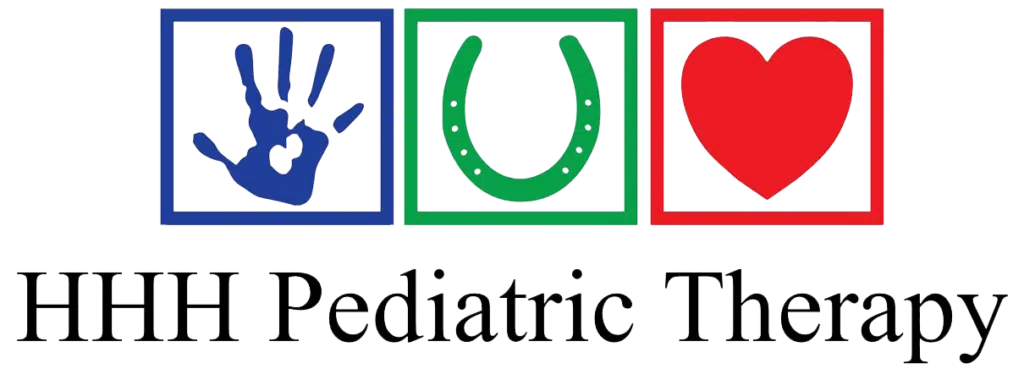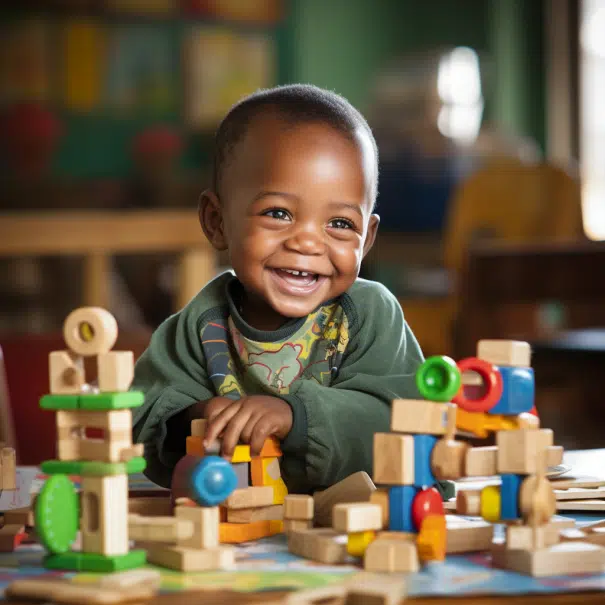Why Is Early Childhood Development Important?
Many parents find themselves in a familiar situation: concerns about their child’s development. For some, it’s a diagnosis like Down Syndrome, Cerebral Palsy, or Cleft Palate right after birth. Others sense something off-track due to a physician’s concern or maternal instincts. The dilemma is universal – do we seek help or adopt a wait-and-see approach?
The Critical Window of Opportunity
The first five years of a child’s life are crucial. This period lays the foundation for learning, behavior, and overall health. It’s a time when rapid brain development creates a critical window of opportunity.
At HHH Pediatric Therapy, we specialize in Pediatric Occupational Therapy (OT), Speech Therapy, and Physical Therapy (PT), using standardized testing, observation, and parent input to assess a child’s developmental needs.
After completing the assessment, we collaborate with families to plan the next steps. It’s important to note that not all children assessed are found to have developmental delays. In some cases, we can offer parents guidance for activities and programs to do at home. However, if a developmental delay is identified, we are fully prepared to provide the necessary support and assistance.
Why is Early Childhood Development Important?
Developmental Progress
Pediatric therapies like Speech Therapy, OT, and PT can promptly address developmental challenges. These interventions help children work towards developmental milestones in motor skills, language, cognition, social skills, and adaptive behavior.
Improved Learning Outcomes
These therapies develop underlying skills crucial for future learning, such as fine motor skills, language development, social-emotional skills, vision, and attention, impacting a child’s academic abilities later in life.
Enhanced Social and Emotional Development
Speech Therapy can significantly enhance a child’s social interactions, fostering better social relationships and reducing communication-related frustrations.
Addressing Sensory Processing Issues
Occupational Therapy identifies and addresses sensory processing difficulties, enabling children to better regulate their reactions to their environment.
Supporting Families and Parent Education
Therapies provide parents and caregivers with strategies and techniques to support their child’s daily routine and home environment, empowering families to understand and cater to their child’s needs.
Increased Confidence
As children improve their skills and gain independence, their self-esteem and confidence often increase, fostering a positive self-image.
Tailored Interventions
Early intervention involves creating a child-specific plan, addressing each child’s unique needs and strengths.
The Impact of Early Childhood Development
Early intervention in a child’s life can significantly alter their developmental trajectory, improving outcomes for both the child and family. If developmental concerns or delays arise, seeking professional advice is crucial for a child’s well-being and future success.
Frequently Asked Questions
Why should we not delay seeking early childhood development services?
Delaying intervention can miss a crucial developmental window, potentially hindering a child’s progress in critical areas.
How do therapies like OT and Speech Therapy contribute to a child’s development?
These therapies address specific developmental challenges, supporting progress in areas like motor skills, language, and social interaction.
What role do parents play in early childhood development?
Parents are vital in supporting their child’s development, using strategies and techniques provided by therapists to reinforce learning and progress at home.

